Curriculum Intent
PSHE at Friesland School aims to ensure that pupils are healthy, happy and safe in the choices they make. The curriculum provides all pupils with opportunities and experiences to enhance their life choices, making a positive contribution to the world we share.
Throughout PSHE, pupils will develop personal skills and attributes including:
- resilience;
- empathy and compassion;
- respect for others;
- employability skills;
- enterprise skills;
- valuing and respecting diversity;
- organisation and time management and decision making
all of which are in keeping with the school’s values of Ambition, Teamwork, Honesty and Respect.

